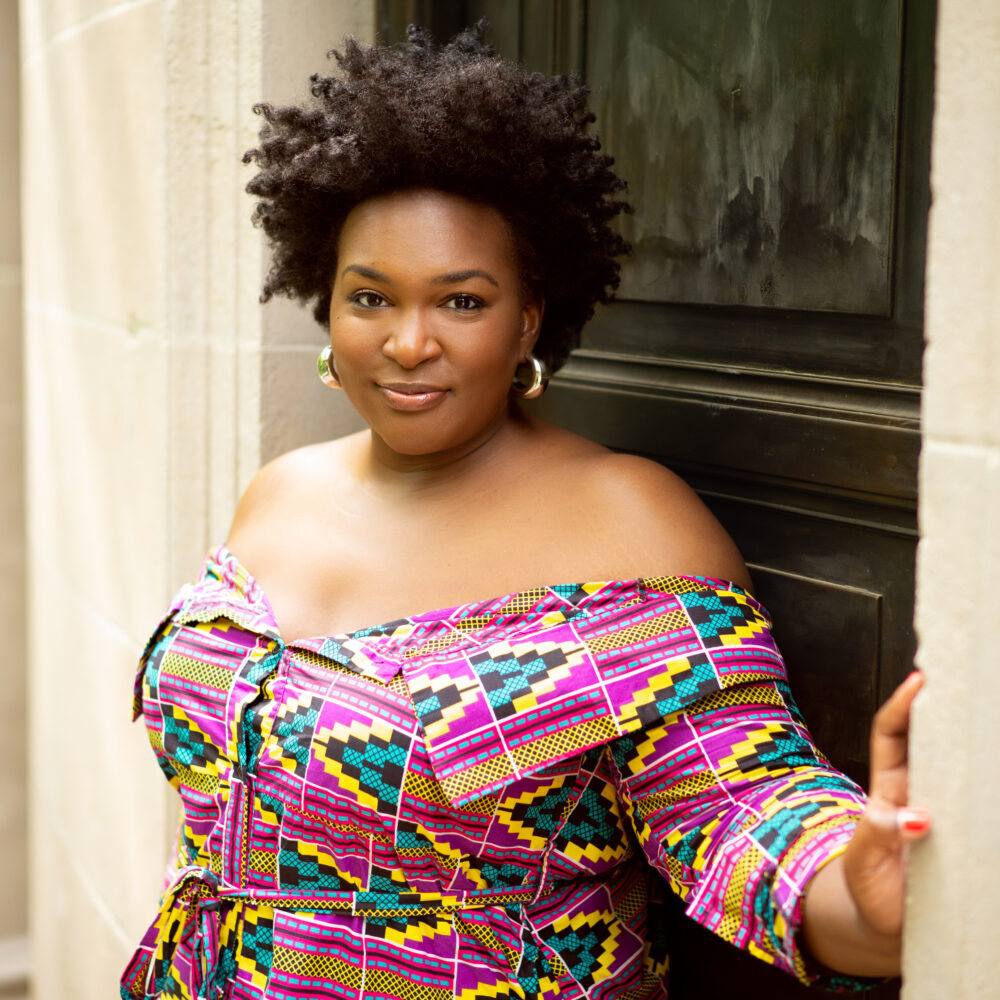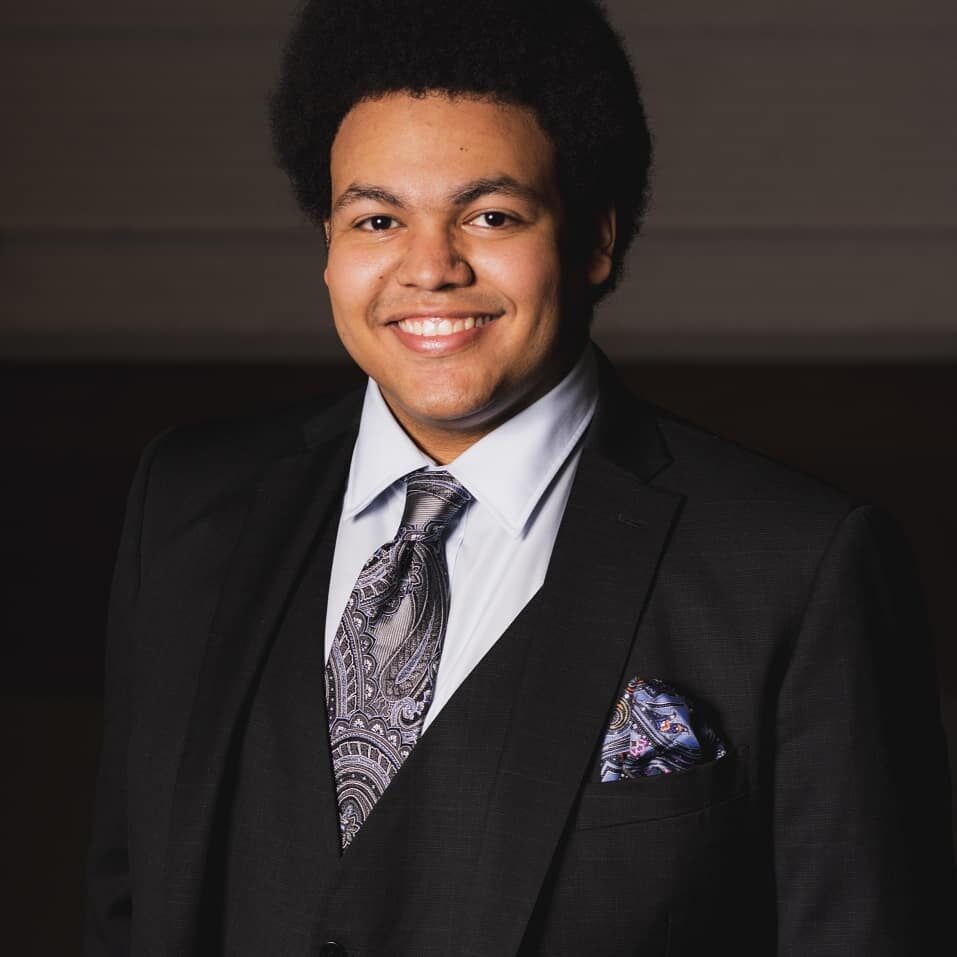Description
Dating from the composer’s late creative period, Antonín Dvořák’s Requiem mystifyingly remains a rarity in his impressive oeuvre. It is nowhere near as well known, or as frequently performed, as the composer’s late symphonies, chamber works, or other choral works, such as his Stabat Mater, from this period. Closer to Fauré’s or Cherubini’s contributions to the genre than the overt theatricality of Verdi’s and Berlioz’s requiems, Dvořák’s own requiem is often serene and introspective in mood, with gentle melodies and noble lyricism. There are, nevertheless, countless moments of spontaneous expression and pure inspiration that could only stem from Dvořák’s pen, like the intense chromaticism in “Pie Jesu” or the sheer drama of chosen moments, such as the “Agnus Dei,” with its diaphanous close. The use of a four-note chromatic motif, present in almost all sections of the piece, gives the work a satisfying feel of thematic unity. While rich in invention and expressivity, it is its tender, melancholic examination of the mysteries of life and death that ultimately make this requiem so deserving of further exploration in the public sphere—far more than it has received up to now.
This project is supported in part by the National Endowment for the Arts.
The ASO’s Vanguard Series is made possible by the New York State Council on the Arts with the support of the Office of the Governor and the New York State Legislature.
This program is supported, in part, by public funds from the New York City Department of Cultural Affairs in partnership with the City Council.
Details
Program
Antonín Dvořák (1841-1904)
Requiem, Op. 89 (1890)
Artists
Leon Botstein, conductor
Leah Hawkins, soprano
Lindsay Ammann, mezzo-soprano
Joshua Blue, tenor
Stefan Egerstrom, bass
Bard Festival Chorale
James Bagwell, Music Director of the Bard Festival Chorale




